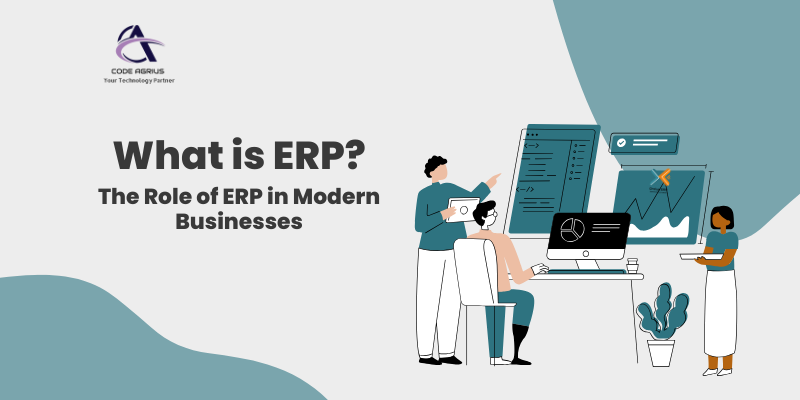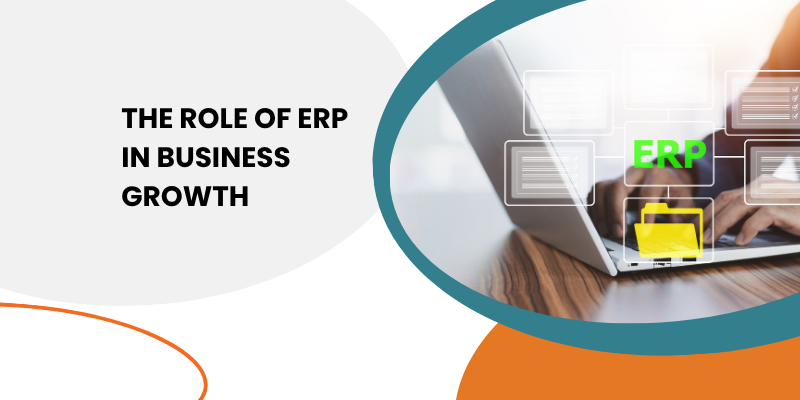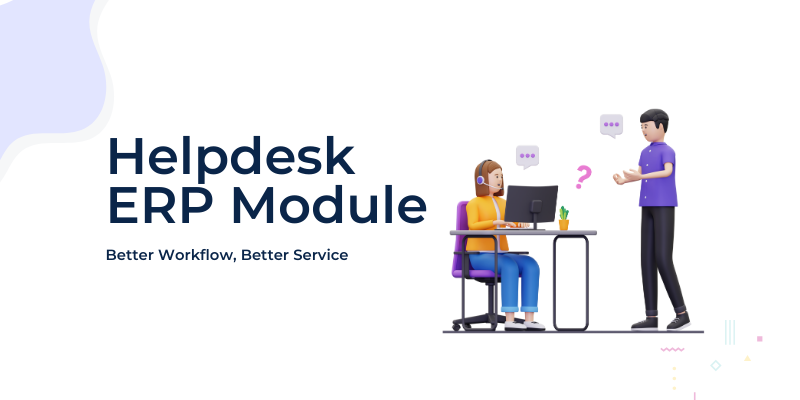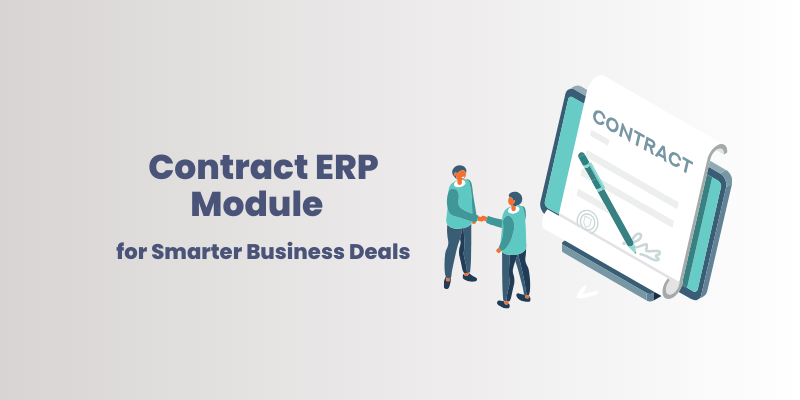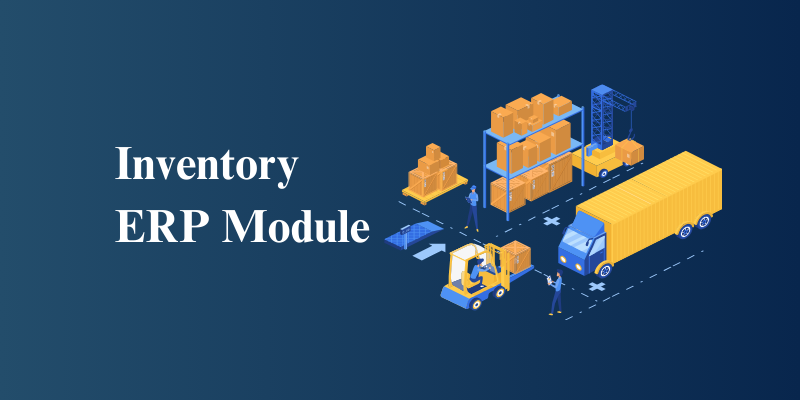Enterprise Resource Planning is a type of software that helps businesses manage their daily operations, such as accounting, finance, procurement, supply chain, human resources, and production. By integrating different functions into one system, ERP enables organizations to work more efficiently and make better decisions based on accurate data.
The Role of ERP in Modern Businesses
Enterprise Resource Planning is a software solution that brings together various business processes into a single system. It helps companies handle daily tasks like accounting, project management, risk management, compliance, and supply chain operations. A complete Enterprise Resource Planning system also includes tools for planning, budgeting, and generating financial reports.
By using this system, businesses can store and manage their data in one place, reducing duplication and ensuring consistency. ERP is now an essential tool for companies across various industries, helping them stay organized and operate smoothly.
What is an ERP System?
An ERP system is a centralized platform that connects different departments within a business. It helps in managing tasks such as finance, accounting, procurement, supply chain, and manufacturing. The system allows employees to access and update information in real time, ensuring smooth operations and better collaboration between teams. It also improves efficiency by reducing manual work and errors, as data is automatically shared across departments. This helps businesses save time, cut costs, and make sure all teams are working with the same accurate information. With everything in one place, decision-making becomes faster and more informed.
Why is Enterprise Resource Planning important for business?
Enterprise Resource Planning systems are important for businesses because they help simplify operations, improve decision-making, and make it easier to adapt to changing market conditions. These systems work by integrating different processes and data, allowing businesses to operate more efficiently.
Here are six key ways ERP systems can benefit a business:
- Boost performance: ERP systems use AI to analyze data and help businesses identify trends and opportunities, leading to better decisions that improve operations.
- Improve speed: By connecting various processes and departments, ERP systems help employees work faster and provide more value. This reduces delays and increases productivity.
- Adapt to changes: Modern ERP systems can adjust and grow with a business, helping it quickly respond to changes or challenges in the market. This is crucial for staying competitive.
- Reduce costs: Enterprise Resource Planning systems cut down on unnecessary steps and mistakes, saving money in areas like inventory management, procurement, and production. They also help save on IT costs over time.
- Improve compliance and risk management: ERP systems include features that help businesses follow regulations and protect sensitive information. They also allow for better monitoring and control of risks.
- Support sustainability: Enterprise Resource Planning systems help businesses make better use of resources and streamline their supply chains, contributing to more sustainable practices. Some systems even offer tools to track and report on environmental impact.
How does ERP improve business decision-making?
Enterprise Resource Planning improves business decision-making by providing businesses with up-to-date information, tools for analyzing data, and easy-to-understand reports. This allows businesses to make smart choices based on accurate data rather than guesses. The system collects and updates information instantly, giving businesses access to real-time data. This helps decision-makers understand what’s happening at the moment and make decisions based on the most current facts.
ERP systems also analyze data to identify patterns, trends, and insights, which shows how different areas of the business are performing. It then offers simple reports that summarize key business information, making it easier for decision-makers to understand the situation quickly. Additionally, ERP systems can use past data to predict future trends, helping businesses plan and make informed decisions for the future. In this way, Enterprise Resource Planning systems help businesses access valuable information, track performance, and make better decisions.
5 Reasons to Use ERP
Enterprise Resource Planning systems provide businesses with a structured way to manage their daily operations. Below are five key reasons why using an ERP system can be beneficial, explained in simple and easy-to-understand language.
Reduce Third-Party Dependencies
Many businesses use different software solutions for various tasks, such as accounting, inventory management, sales tracking, and customer relations. Managing multiple software tools can be expensive, time-consuming, and lead to compatibility issues.
This system brings all these functions together in one platform, eliminating the need for multiple third-party applications. This integration helps businesses save money, improve efficiency, and avoid data inconsistencies. By using a single, centralized system, employees can access all the necessary tools without switching between different applications, making work easier and faster.
Improve Financial Systems
Managing finances is one of the most important aspects of running a business. This systems help businesses track their financial transactions, create budgets, generate reports, and maintain compliance with financial regulations.
With this system, all financial data is stored in one place, reducing the risk of errors and ensuring that reports are accurate. Businesses can automate invoicing, tax calculations, and expense tracking, which saves time and reduces manual work.
Enhance Data Accuracy
Businesses generate large amounts of data every day, including sales records, customer details, employee information, and inventory updates. If this data is stored in different systems, there is a high chance of errors, duplicate entries, and missing information.
An enterprise resource planning system centralizes all business data, making it easy to access, update, and analyze. Since everyone in the company uses the same system, there is less risk of inconsistencies or outdated information. This improves decision-making, as managers and employees have access to reliable and up-to-date data.
Strengthen Customer Relationships
Keeping customers happy is crucial for any business. These systems include Customer Relationship Management (CRM) tools that help businesses manage customer interactions, track sales, and improve communication.
For example, sales teams can access customer purchase history, preferences, and past interactions, allowing them to offer better service. Automated follow-ups, reminders, and personalized offers can also be set up to maintain strong relationships with customers. By using such systems to organize customer data, businesses can respond quickly to inquiries, provide better support, and increase customer satisfaction.
Getting Started with ERP
Businesses often face challenges when choosing and implementing such a system. The right approach involves assessing business needs, selecting the appropriate modules, and ensuring proper training for employees. Code Agrius provides Oreius ERP, a solution designed to help companies achieve operational efficiency, reduce costs, and improve overall performance.

